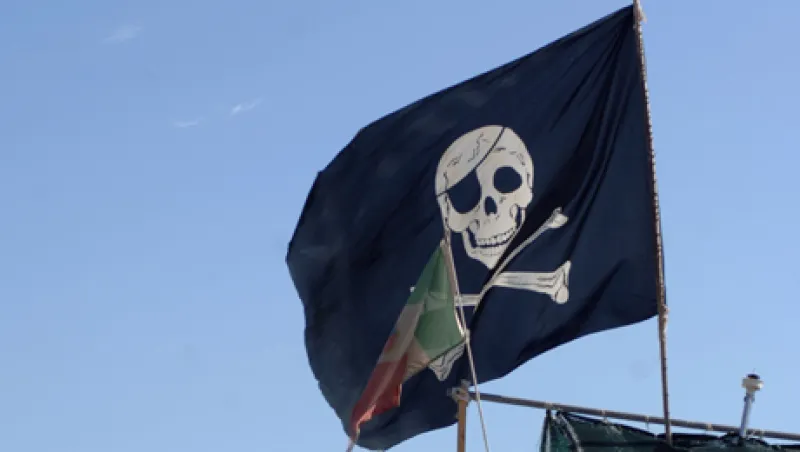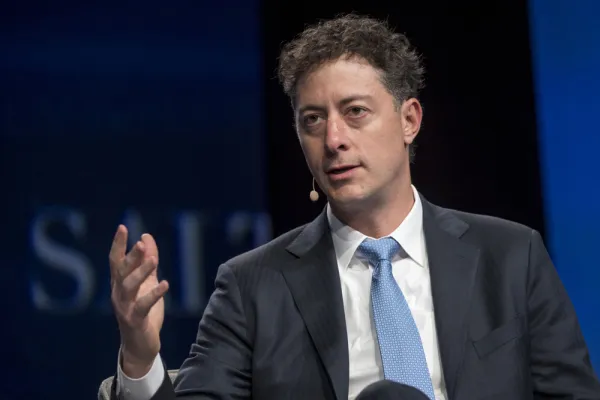AOL pushed back hard against a hedge fund that on Wednesday announced a 4.5 percent stake in the once-high flying Internet company.
The fund, Starboard Value LP, urged AOL’s board to take immediate action to address significant concerns highlighted in an eight-page letter, and requested a meeting with the board.
In response, AOL issued a statement asserting that over the last two years it has significantly reduced costs, sold non-core assets, and made significant investments and that it recently repurchased over 10 percent of its stock. “AOL has a clear strategy and operational plan to provide our consumers and customers with exceptional value, which we believe will lead to the creation of shareholder value,” it added in the statement. “Our board and management team remain firmly committed to creating value for all shareholders and we will continue to aggressively execute on our strategy in 2012 as we continue the turnaround of AOL.”
But that is hardly likely to send away the activist hedge fund.
Starboard is the Value and Opportunity business of Ramius LLC, the alternative investment management firm that merged with Cowen Group in June 2009. Ramius still owns a minority, passive piece of Starboard, which is led by Jeff Smith, CEO and chief investment officer; Mark Mitchell, portfolio manager and the head of risk management and trading, and Peter Feld, portfolio manager and the head of research. Today Starboard manages close to $700 million.
Since 2004, Starboard has nominated directors at some 30 companies. In nearly 90 percent of the cases where it has filed a 13D and nominated directors—except when a company sells itself during the process—Starboard has wound up putting one or more of its nominees on the board or reached a settlement with the company. Since 2004, Starboard has added or replaced about 80 corporate directors on 30 public company boards. “We are prepared to go to a proxy fight on every company in our portfolio,” Smith said in an interview last summer. “We don’t bluff.”
In October, it won a proxy fight with Regis Corp., owner of the largest chain of hair salons, when shareholders elected all three of Starboard’s director nominees, including Smith.
Also in October, Starboard announced a settlement with another holding, MIPS Technologies. Under the deal, the maker of computer processors agreed to increase the size of the board from seven to nine and nominate two Starboard-recommended directors. MIPS also agreed to create an independent advisory committee of the board and to appoint at least one Starboard individual to the committee. In return Starboard agreed to drop its proxy fight as well as other demands.
On August 22, Starboard filed an initial 13D with MIPS Technologies, announcing it owned 8.9 percent of the company, making it the largest shareholder.
In October, Starboard also withdrew its nominations of three potential members to the board of Openwave Systems following the July election of Starboard nominee Peter A. Feld to the board. On September 9 he was elected chairman. On October 6, Michael C. Mulica, also a Starboard nominee, was appointed CEO and was elected a member of the board.
Also in October, Starboard increased its stake in Wausau Paper to 7.5 percent from 6.3 percent and fired off a follow-up letter to president and CEO, Thomas J. Howatt, and the board of directors following its late August meeting with management and the board. The hedge fund expressed its concern with the company’s plan to take on debt to expand its tissue operation. Starboard called on the company to finance the expansion by divesting certain non-core assets, including it what deems to be its underperforming paper business, timberlands and hydroelectric assets.
With a market cap of roughly $1.1 billion, AOL is at the larger end of Starboard’s targeted range, which generally prefers companies with market caps between $100 million and $1 billion. At the end of September, it had $269.5 million in equity investments with 17 different companies as well as an exchange traded fund that tracks the Russell 2000, according to a regulatory filing. Starboard began buying AOL in the third quarter.
Sometimes Starboard does back off from its targets. On October 31, it cut its stake in Michael Baker to 4.9 percent, eliminating its requirement to file a future 13D if it continues to trim its holding, although it will still show up in its 13F filing if it continues to hold the stock on December 31.
But Starboard’s recently dealings with Regis, Openwave and Wausau should serve notice to AOL that it is not likely to tip-toe away.







